How Geneva became the Silicon Valley of fragrances and flavours
Around the world, Geneva is regarded as a magnet for diplomacy and watchmaking savoir-faire. But the French-speaking canton is also a global hub for scents and tastes, and home of the world’s two leading players. We trace this success back to its origins.
A global reference
The French parfumier Jean-Jacques Guerlain once wrote in a one-page spread in the Journal de Genève: “The Swiss synthetic perfume industry, after modest beginnings, has gradually imposed itself by the importance of its achievements… today it occupies the leading position in the market, which it has ensured for itself through its constant care for perfection.” These words – written in 1955 – continue to ring true decades later.
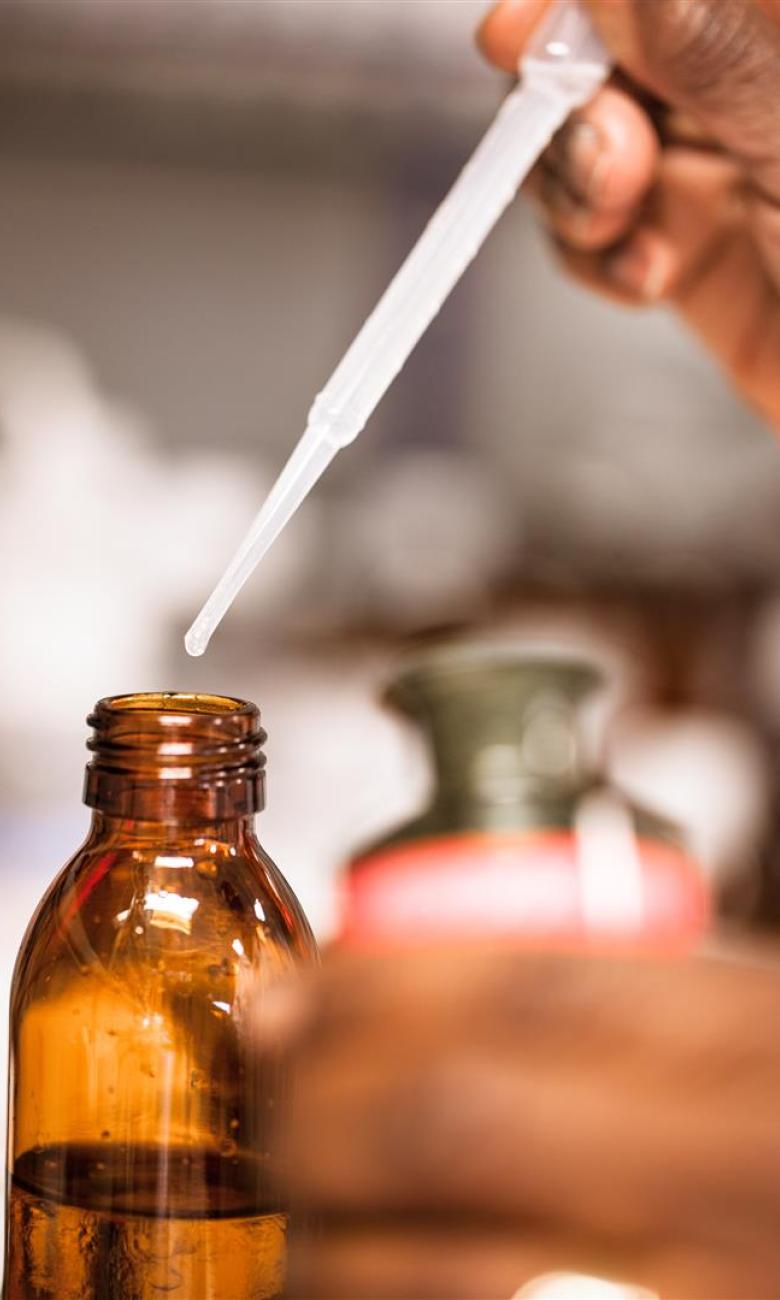
Nowadays, Geneva promotes itself as the ‘Silicon Valley of smells and tastes’. It in this French-speaking canton that the world’s most popular fragrances and flavours are concocted – and eventually used in everyday products such as soap and cologne. "Geneva has become a global reference for flavours and fragrances thanks to its historical tradition and its ability to innovate,” according to the Department of Economy and Employment of the Canton of Geneva.
Statistics from the canton estimate that companies in the region alone make up 30% of the global market. Around 11% of those in Geneva are employed in the fragrance and flavours sector including 10,000 highly qualified specialists. Overall, the industry generates some 12% of Geneva’s exports and remains one of its primary industries alongside watchmaking and shipping and trading.
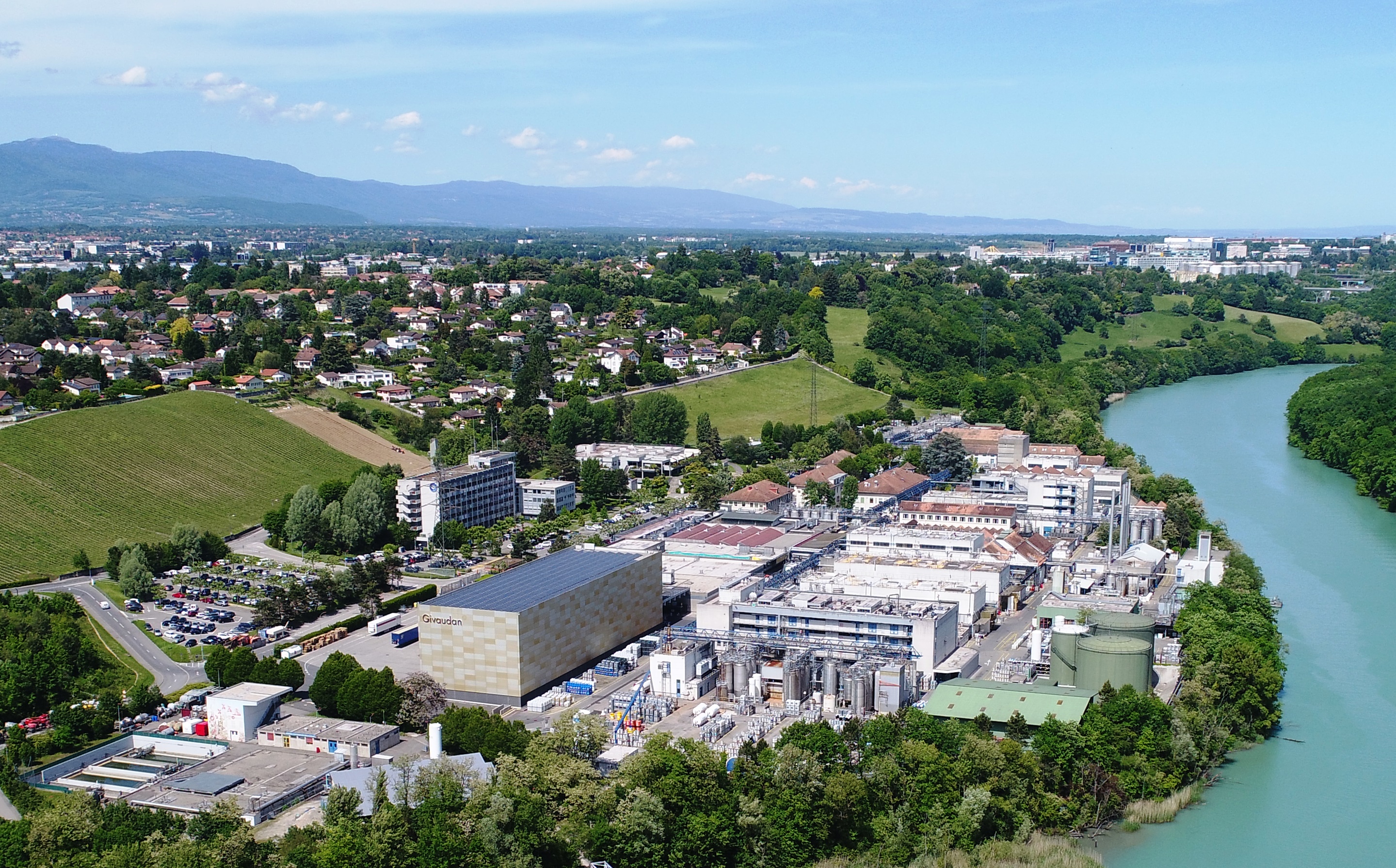
©️ Givaudan
Ingredients for success
From the 19th century, Geneva presented a number of advantages for fragrance firms: its close proximity to the Rhône River, whose waters could be used for cooling purposes and for the electricity from the newly built hydroelectric power plant in Chèvres. Plus: “Geneva was also on the doorstep of France and was developing relations with the organic chemical industry in the Lyon region. It was easy to attract the collaboration of perfumers from Paris, Grasse or Lyon,” wrote Gérard Gandillon, a former Givaudan-Roure technical director, in a 1998 paper published by the New Swiss Chemical Society. These were just some of the key ingredients for a burgeoning industry.
The chemical know-how and access to talent was another drawcard.
Switzerland has a tradition in science and has been a cradle for the development of organic chemistry during the 19th century
says Givaudan spokesperson Tomas Roztocil. “This opened new possibilities for the flavour and fragrances industry that was largely based on the extraction of natural compounds from plant and animal sources at that time.”
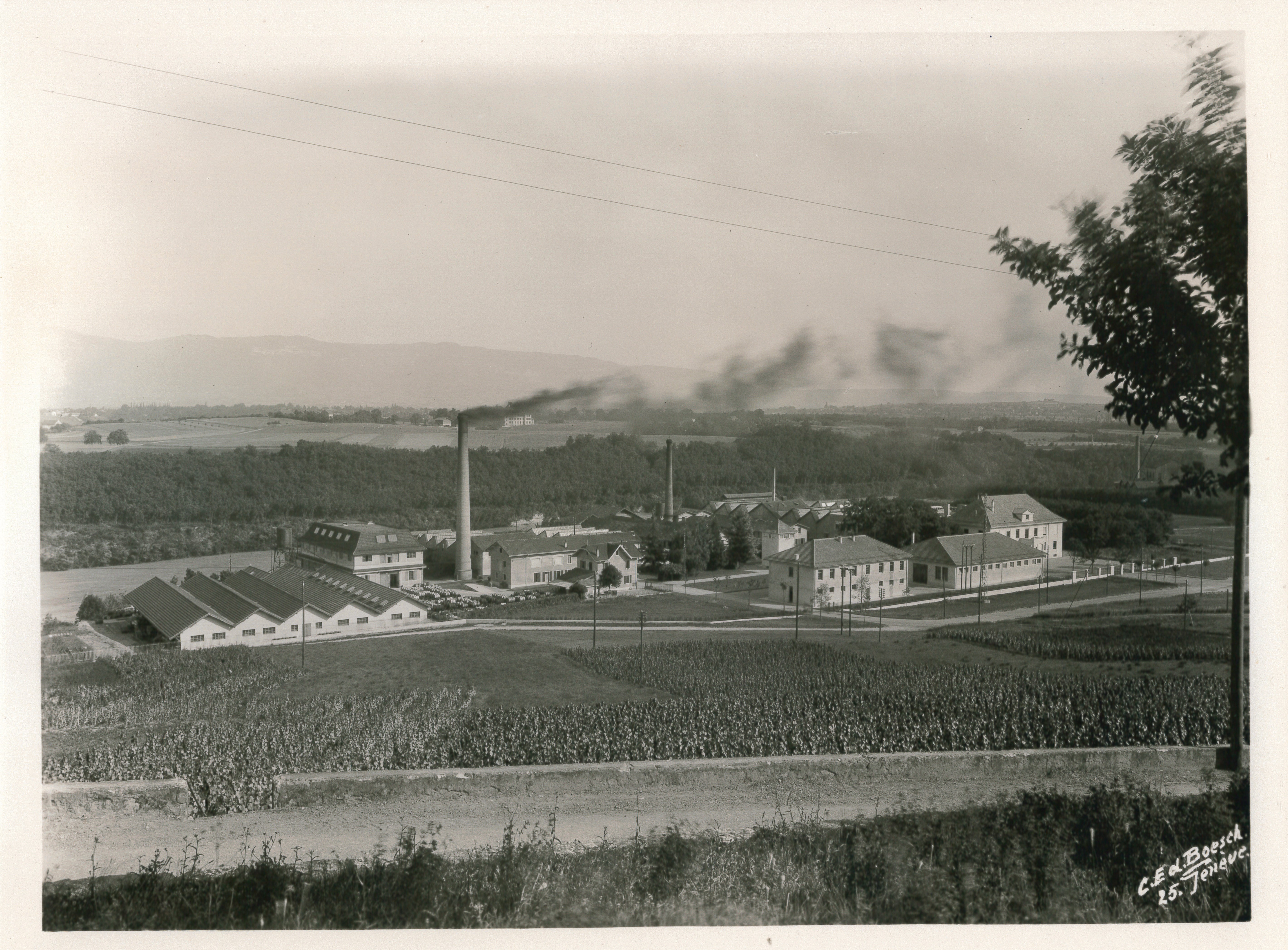
©️ Givaudan Archives
A tale of two companies
Yet the rise of Geneva’s status as a flavours and fragrances hub can still be largely credited to the birth of two companies in 1895: Givaudan and Firmenich. Together, the world’s two biggest flavour and fragrance manufacturers generate more than CHF 11 billion in sales every year.
The first was originally founded by the brothers Léon and Xavier Givaudan who decided to open a small laboratory in Zurich. In 1898, they relocated to Vernier in Geneva (after the neighbouring bakery complained about the violet scents coming from their laboratory). During this period, master perfumers and chemists like Marius Reboul worked on the floral notes of lilac and carnation. These eventually came to be a Givaudan success story. “At the beginning of the 20th century, Givaudan was one of the first companies to harness the power of organic chemistry to apply it to the development of synthetic fragrance ingredients,” says Roztocil.
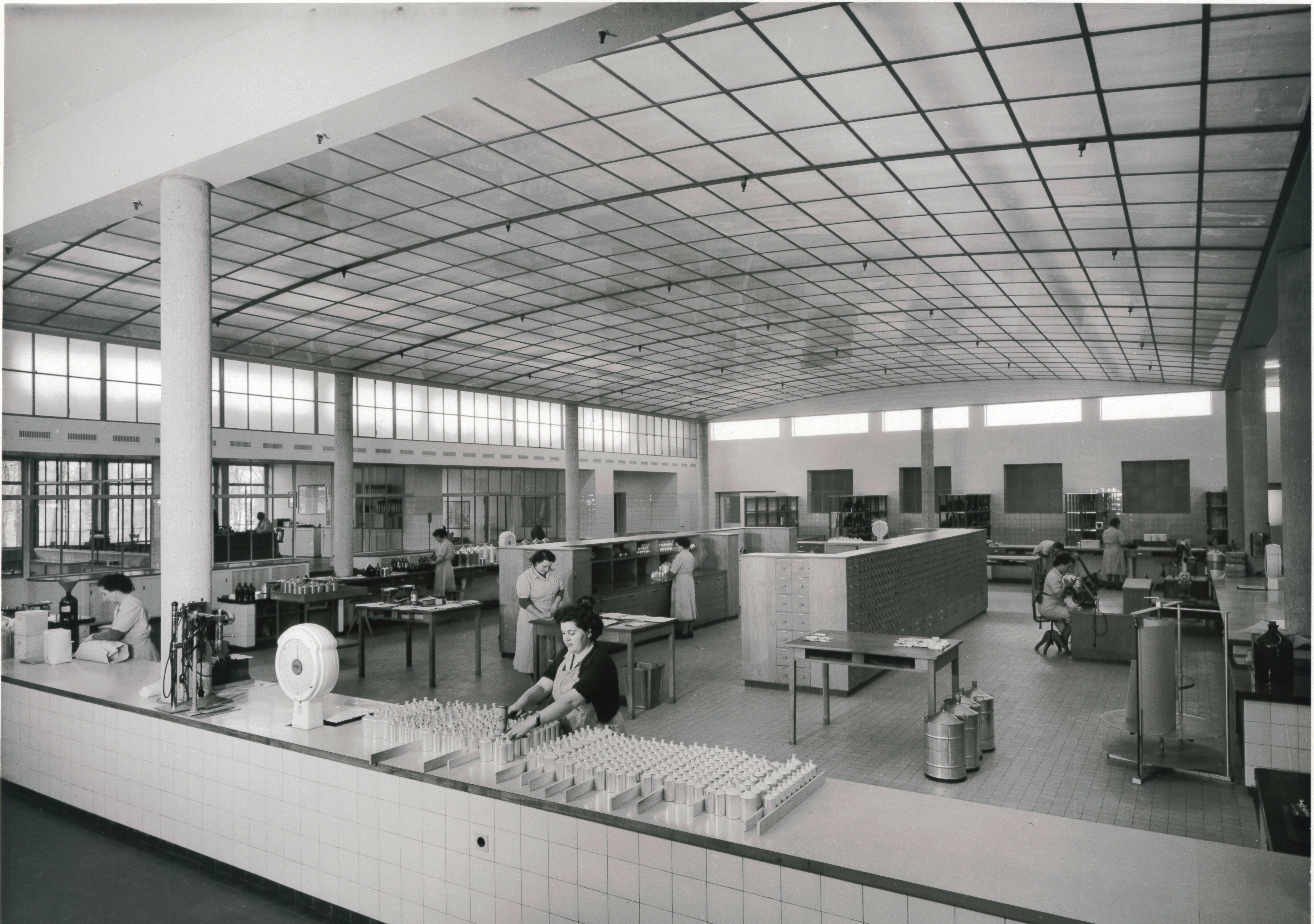
©️ Givaudan Archives
At the same time, Firmenich was also building its name as a fragrances company. It was founded in 1895 in the garden shed of Charles Firmenich by the chemist Philippe Chuit and businessman Martin Naef. Just three year later, they opened a new site with 20 employees at La Jonction. One of the early molecules created by Firmenich was Iralia – a floral note with a violet character that is still on the market today. It was even used in François Coty's L'Origan floral oriental fragrance, an iconic perfume of the 20th century.
The family-owned firm is now the world’s largest private flavour and fragrances company and continues to find success on Geneva soil. “It is a magnet for specific scientific profiles, and fragrance and taste specialists,” says Ingvild Van Lysebetten, Vice President Group Communications at Firmenich. The company says the region offers access to leading universities as well as financial institutions, which provide access to capital markets and funding.
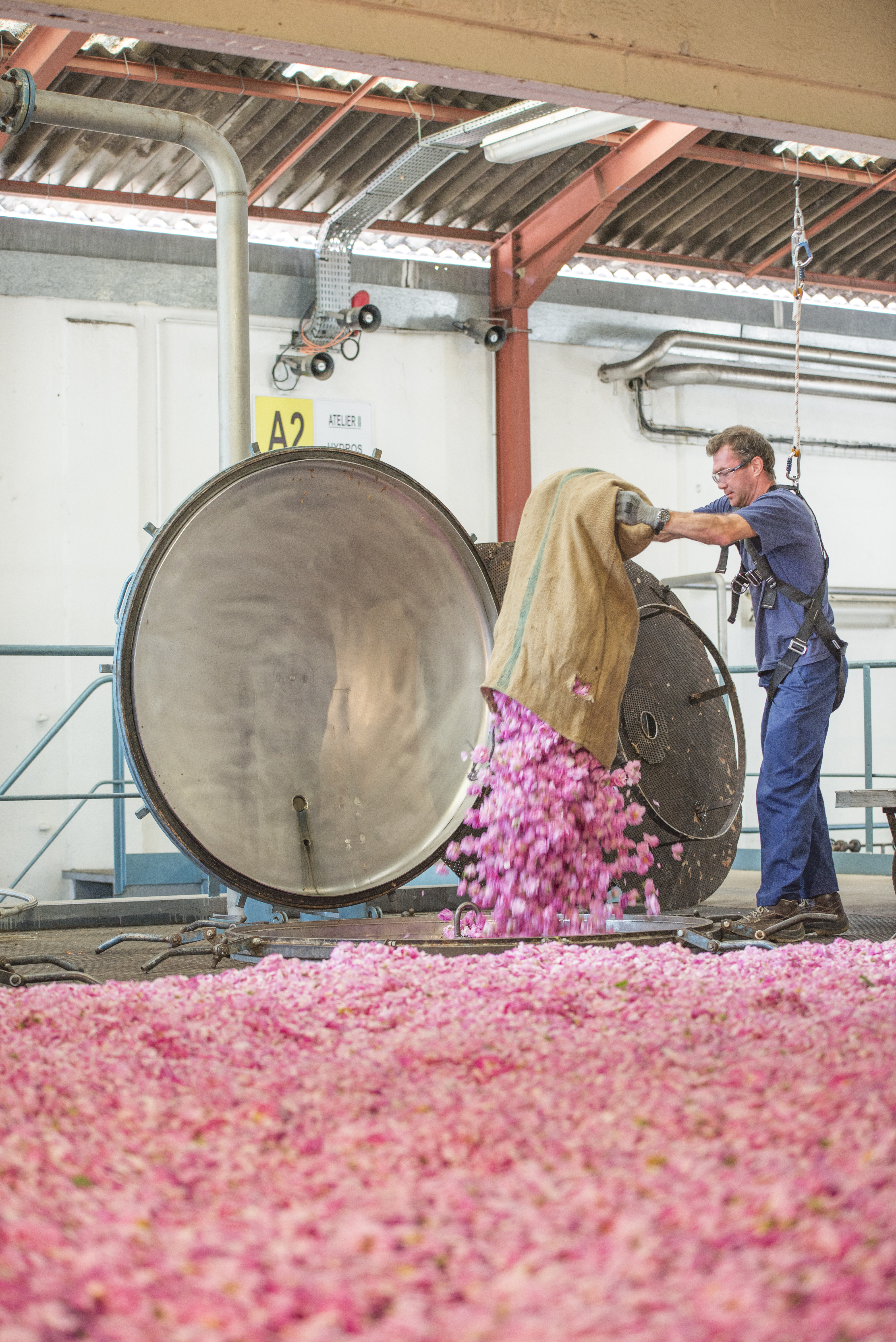
©️ ComByAVM
A complete ecosystem
Aside from the two powerhouses, Geneva continues to attract a host of startups and small and medium enterprises in the flavours and fragrances business. “Over time, a complete ecosystem has grown in the region, with large as well as smaller actors,” says Roztocil. Nowadays, around 400 chemical companies are active in Geneva and the surrounding region. “The presence of competition stimulates business and creativity, and it pushes us to raise the bar of excellence in our creativity and innovative solutions,” notes Van Lysebetten.
This innovation has appeared in many forms. The world’s first artificial intelligence flavour (of lightly grilled beef) was born in the Firmenich labs. Meanwhile, Swiss-listed Givaudan is the first fragrance house to launch a technology platform that develops products, which protect the skin microbiome. The appeal (and scent) of Geneva doesn’t seem to be wearing off – at least for the time being. “Geneva has always been our home, and the cradle of our legacy, and we are here for the long term,” says Van Lysebetten.
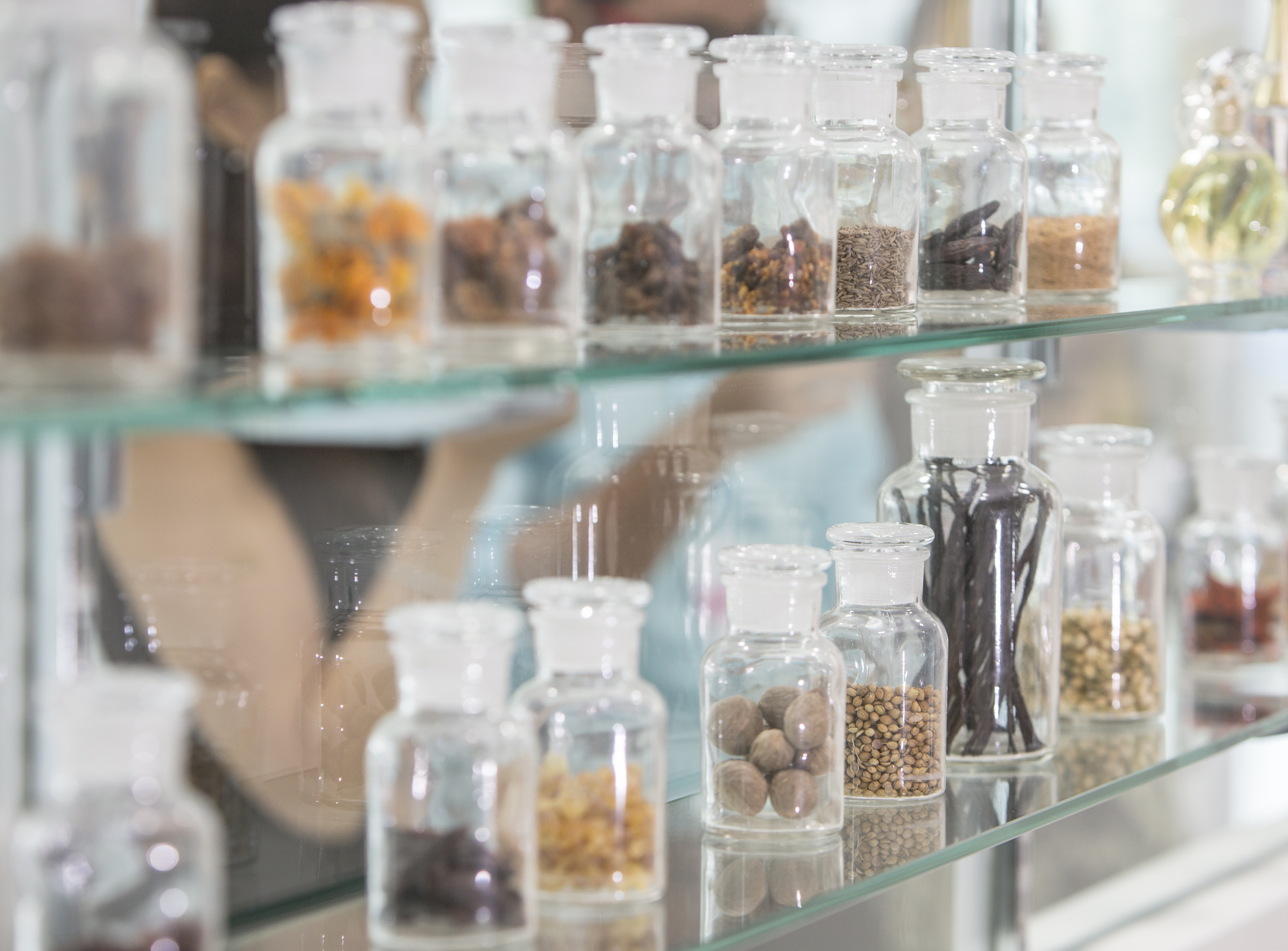
©️ Givaudan



